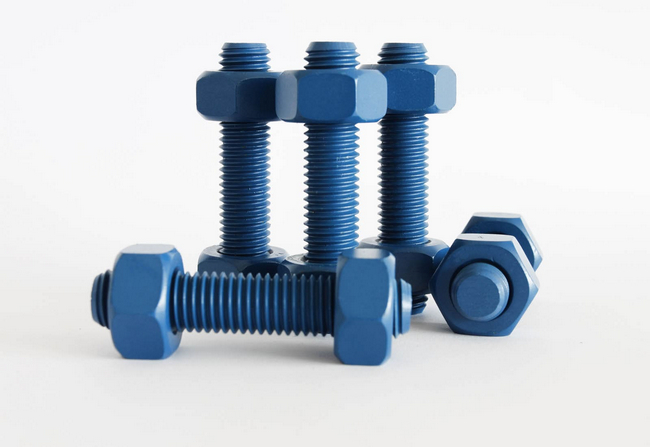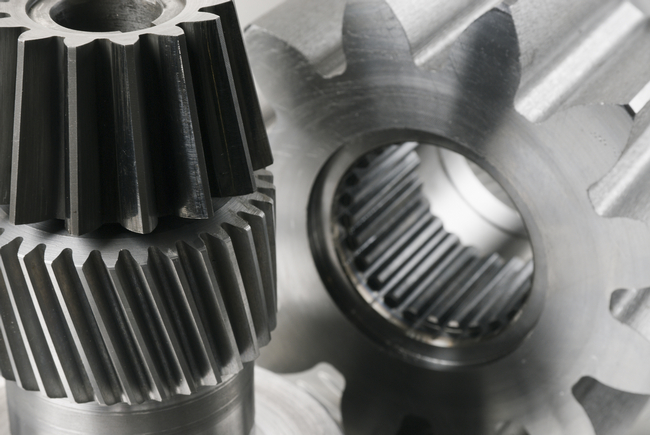Expanite – The technology of the Danish pioneer for surface hardening of stainless steel and titanium is used more and more frequently when it comes to alternatives to classic fluoroplastic coatings such as Teflon®, Halar® or Xylan®. In addition to technical and commercial advantages, the environmental compatibility and sustainability of the Expanite process are playing an increasingly important role for customers.
After the discovery of PTFE (polytetrafluoroethylene) - also known as Teflon® - in 1938, some time passed before technically usable applications for the highly inert material paved their way. Today, coatings based on per- and polyfluoroalkyl substances (PFASs), known by their trade names such as Teflon®, Halar® or Xylan® or more generally referred to by the abbreviations ECTFE, PFA, FEP, ETFE, PVDF etc., are applied in many areas to optimize the sliding and non-stick properties as well as wear and corrosion resistance of components.

In addition to the well-known disadvantages of coatings, i.e. inhomogeneous layer thicknesses, layer detachment and increased corrosion attack if the coating is damaged, PFAS-based products have another substantial deficit: the highly stable and therefore not completely degradable carbon-fluorine compounds are harmful not only for humans but also to the environment and can cause cancer, among other things.
Accordingly, there has been a trend towards avoiding the use of these materials since the early 2000s, and especially when it comes to improving wear and corrosion resistance, Expanite surface hardening offers a cost-effective and sustainable alternative.
The Expanite technology is based on a gas process in which carbon and nitrogen are diffused in the component surface. The otherwise comparable soft and wear-prone stainless steel material hardens by a factor of up to 10 and while classic diffusion processes impacting corrosion resistance of the material, the Expanite processes generally improve the corrosion properties of the component.
Sustainable against wear and galling
Besides the elimination of carcinogenic substances, Expanite's gas-based diffusion process is significantly more energy-efficient and environmentally friendly than comparable wear protection processes, and thanks to the treatment in a vacuum, no time-consuming cleaning of the parts, e.g., with aggressive chemicals, is necessary after hardening.

"The different cases in which Expanite is used as an alternative to such plastic coatings are widely spread and can be found, for example, in the areas of pumps and valves, food & beverage or general industrial applications," explains Dr. Holger Selg, application expert and Expanite Sales Director DACH, and continues: "First and foremost, we increase the wear and galling resistance of stainless steel components. By hardening the surface, the sliding properties are improved at the same time and, depending on the application, offer an adequate replacement for fluoroplastic coatings.”
The Expanite technology, specially developed for corrosion-resistant materials, offers a solution for austenitic, martensitic, ferritic, and duplex stainless steels as well as for expensive nickel-based alloys such as Inconel and Hastelloy. Moreover, ExpaniteHard-Ti, which the Expanite team of experts has developed to market maturity in recent years, is used for titanium grades.
About Expanite:
Expanite was founded in 2010 by leading experts in material and surface hardening whose research dates back to 2000. The company is headquartered in Hillerød near Copenhagen and has treatment centers in the USA, Germany, Korea and China. Expanite's solutions are flexible and can be tailored to the customer's own product line within the framework of a license agreement.